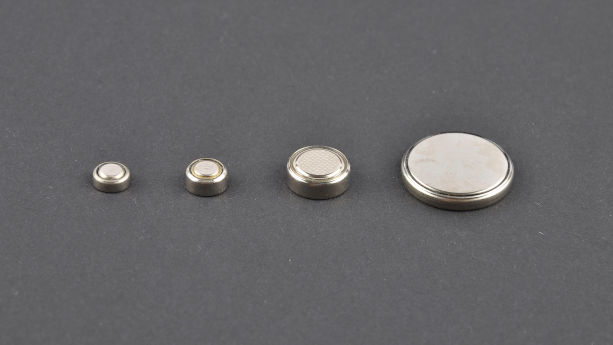
UL 1642 covers rechargeable and non-rechargeable lithium batteries that includes at least one electrochemical cell that contains either:
- Metallic lithium
- Lithium alloy
- Lithium-ions
In this guide, we cover different aspects concerning UL 1642. This includes information about the standard’s product scope and requirements, lab testing, and where it is possible to buy the standard
Notice that this guide is written only based on publicly available information on this page. You need to buy the standard in order to access the contents of UL 1642.
Content Overview

FREE CONSULTATION CALL (30 MIN)
 Ask questions about compliance requirements
Ask questions about compliance requirements Countries/markets:
Countries/markets:
 Learn how we can help your business
Learn how we can help your business
You will speak with:Ivan Malloci or John Vinod Khiatani
What is UL 1642?
UL Solutions developed UL 1642 – Standard for Lithium Batteries, which covers non-rechargeable (primary) and rechargeable (secondary) lithium batteries used as product power sources.
The standard aims to reduce the risk of the following:
a. Explosion or fire during the usage of a lithium battery
b. Injury due to explosion or fire, when a person takes out a user-replaceable lithium battery from a product and disposes of said battery
Which products are covered by UL 1642?
UL 1642’s requirements cover the following two types of batteries:
- Non-rechargeable (primary) lithium batteries
- Rechargeable (secondary) lithium batteries
The lithium batteries may comprise:
a. One electrochemical cell
b. Two or more electrochemical cells that are connected in parallel, series, or both
Examples
Even though the standard’s page doesn’t provide any examples, there are several battery products on Amazon and other stores for which the seller claims compliance with the requirements in UL 1642. We list a few of them here:
- Lithium coin cell batteries
- Long-lasting lithium batteries
- LiFePO4 (Lithium iron phosphate) rechargeable battery
Exemptions
The requirements in UL 1642 do not cover the following:
a. Risk of toxicity that may arise from ingesting a lithium battery or its contents
b. Risk of injury that may happen if a person accesses the metallic lithium by cutting open a battery
Is UL 1642 mandatory in the United States?
UL standards in general are not mandatory by themselves in the United States. However, regulations could at some point incorporate UL 1642 by reference – thus making it mandatory.
Even if that is not the case, you are responsible for ensuring that your products are safe to use. Doing so is essential for “risky” products such as lithium batteries and devices that contain these – given the fact that they can explode, burst into flame, or leak toxic substances.
Liability
Keep in mind that you can be held liable, or face a recall if you sell unsafe lithium batteries in the US – regardless of whether the applicable standards are mandatory or not.
As such, it is in your interest as a manufacturer or importer to ensure that your batteries are UL 1642 compliant.
Distributors and retailers
Distributors and retailers may require importers, manufacturers, and sellers to ensure that their products are compliant with “voluntary standards” including those published by UL.
Amazon
For example, if you sell e-mobility devices on Amazon, the online platform requires you to ensure that the lithium batteries in your devices comply with standards such as UL 1642 or UL 2054.
You should provide evidence to Amazon that your product’s batteries comply with UL 1642 and thus Amazon’s requirements, as failure to do so may result in Amazon removing your product listings and even suspending your listings.
You can learn more on Amazon Seller Central.
Overview
In this section, we provide some additional information concerning UL 1642, including its scope, risk reduction, and performance.
Scope
UL 1642 covers the following types of batteries:
a. User-replaceable primary (non-rechargeable) lithium batteries
b. User-replaceable secondary (rechargeable) lithium batteries
c. Technician-replaceable primary (non-rechargeable) lithium batteries
d. Technician-replaceable secondary (rechargeable) lithium batteries
Risk Reduction
The requirements in UL 1642 aim to lessen the chances of lithium batteries exploding or catching fire when products use these batteries.
UL 1642’s requirements also aim to reduce the likelihood of users getting injured due to the lithium battery catching fire or exploding while the user is replacing a lithium battery.
To reduce this risk, UL 1642 guidelines set a limit on the amount of lithium for rechargeable or non-rechargeable batteries and individual cells, both of which can be replaced by either technicians or users:
a. If the lithium battery is “technician-replaceable”, the battery should contain a maximum of 5.0 grams (0.18 ounces) of metallic lithium
b. If the lithium battery is “user-replaceable”, each battery should contain a maximum of 4.0 grams (0.13 ounces) of metallic lithium, and each cell should contain a maximum 1.0 grams (0.04 ounces) of metallic lithium
Where can I buy UL 1642?
You can purchase the standard from any of the websites listed below to access its contents.
standardscatalog.ul.com
- Secure PDF & Hardcopy Combo: USD 631
- Secure PDF (Read Only): USD 505
- Premium Hardcopy: USD 631
global.ihs.com
- Hard copy: USD 631
webstore.ansi.org
You can purchase UL 1642 on ANSI’s website through a Standard Subscription.
beuth.de
a. PDF download: 486.40 Euro (including VAT) or 454.58 (without VAT)
b. Hard copy: 607.70 Euro (including VAT)
Lab Testing
In this section below, we explain whether it is mandatory to have your products tested against the requirements in UL 1642, and which companies offer lab testing services against the standard.
Is UL 1642 lab testing mandatory?
As mentioned previously, UL standards are generally voluntary in the US, unless regulations have incorporated them by reference and as such, rendered these mandatory. As far as we know, this is not the case for UL 1642.
However, distributors, retailers, and marketplaces (e.g. Amazon) may require you to provide evidence that your lithium batteries have been tested and comply with UL 1642.
Even if you are selling directly to consumers (and thus you are not constrained by distributors’ or online platform requests’ requests), you should still consider getting your lithium batteries tested against the requirements in UL 1642 to ensure that the batteries are safe to use.
How much does UL 1642 lab testing cost?
We were unable to find any publicly-listed prices for laboratory testing against the requirements in UL 1642. As such, you may have to contact the companies listed in the next section for a quote.
UL 1642 Lab Testing Companies
In this section, we list a few companies that offer lab testing against UL 1642.
UL Solutions
UL Solutions offers testing and certification services against the requirements in UL 1642 if you are looking to ensure that your lithium batteries are safe to use.
Intertek
Intertek provides lithium-ion battery testing services against the requirements in UL 1642. The tests cover potential issues such as the following:
- Extreme temperatures
- Extreme voltages
- Extreme currents
SGS
SGS offers to test batteries against numerous national and international standards such as those published by UL. One such standard that SGS provides testing services against, is UL 1642. Their tests for lithium batteries tests cover specifications such as the following:
- Durability
- Electromagnetic compatibility
- Life cycle analysis
- Safety
Eurofins
Eurofins is an OSHA-recognized Nationally Recognized Testing Laboratory (NRTL) and a member of the IECEE CB Scheme. The company tests and certifies lithium-ion (Li-ion) and lithium polymer (LiPo) battery cells and battery packs against the requirements in UL 1642.
TÜV SÜD
TÜV SÜD is an accredited Certification Body Test Lab (CBTL) and National Certification Body (NCB) that provides lithium battery testing and assessment services against the requirements in UL 1642.

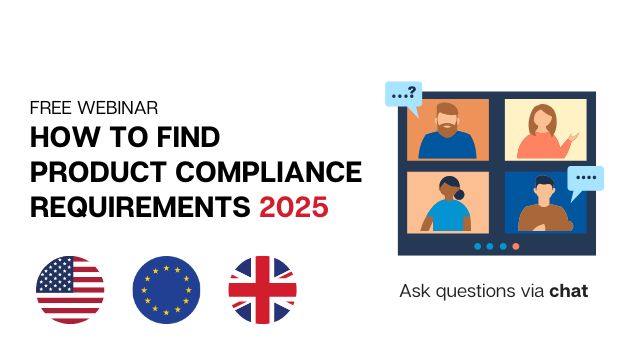





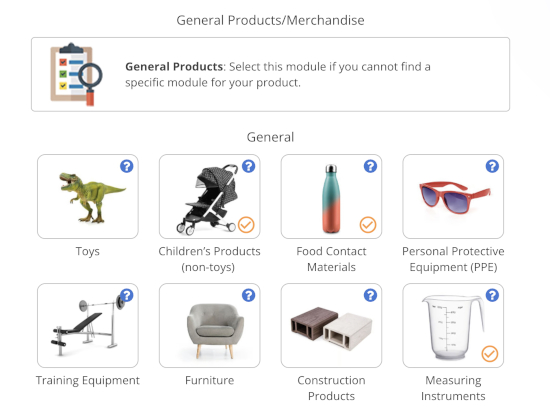









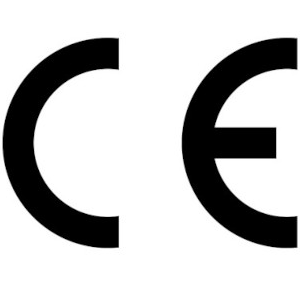




.png)
.png)
.png)
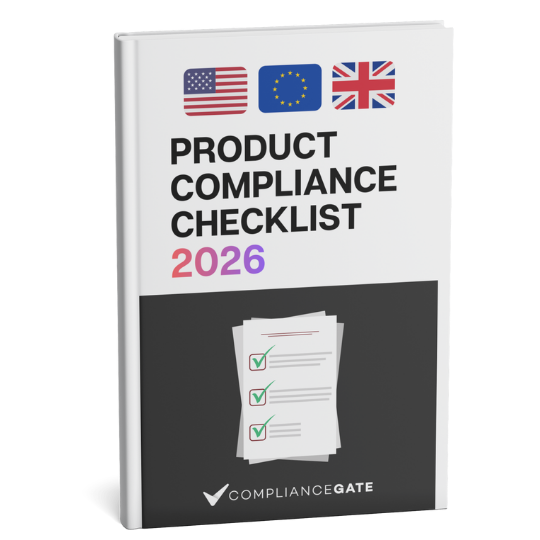
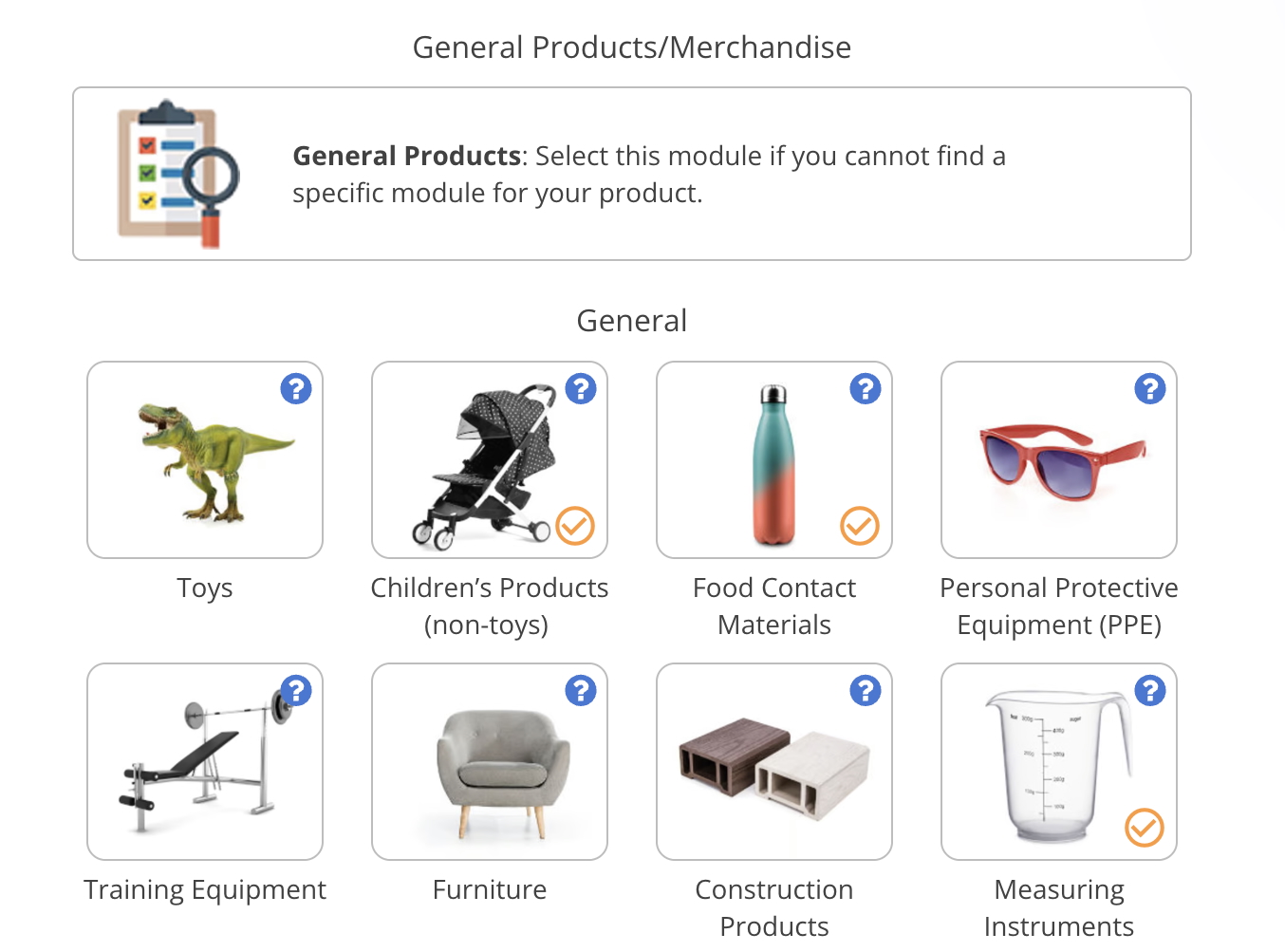



UL 1642 standard is mainly used for the testing of lithium batteries, including a single cell, multiple batteries and battery packs.
Is this the UL Standard that discusses reverse charging of primary coin cells?